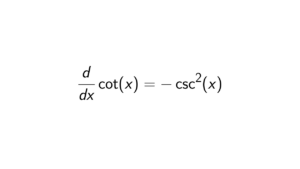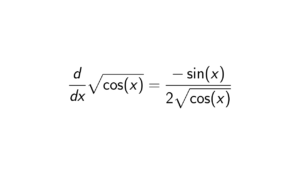Let R be a ring with 1. The set \{(r,r) | r \in R\} is a subring of the ring R \times R.
Proof. First, we want to show that the set
S = \{(r,r) | r \in R\} is nonempty, but that is already easy to see since
(1,1) \in S.
Secondly, we want to show that
S is closed under subtraction. Let
(r_1,r_1),(r_2,r_2) \in S, then
\begin{align*}
(r_1,r_1) + (-(r_2,r_2)) &= (r_1,r_1) - (r_2,r_2) \\
&= (r_1 - r_2, r_1 - r_2).
\end{align*}
Since
R is closed under subtraction, we get that
(r_1 - r_2) \in R. Therefore,
(r_1 - r_2, r_1 - r_2) \in S.
Lastly, we need to show that
S is closed under multiplication. Let
(r_1,r_1),(r_2,r_2) \in S. Then we get the following:
\begin{align*}
(r_1,r_1)(r_2,r_2) = (r_1r_2,r_1r_2).
\end{align*}
Since
R is closed under multiplication, we get that
r_1r_2 \in R. Therefore,
(r_1r_2,r_1r_2) \in S.
Conclusion, the set
\{(r,r) | r \in R\} is a subring of the ring
R \times R.

